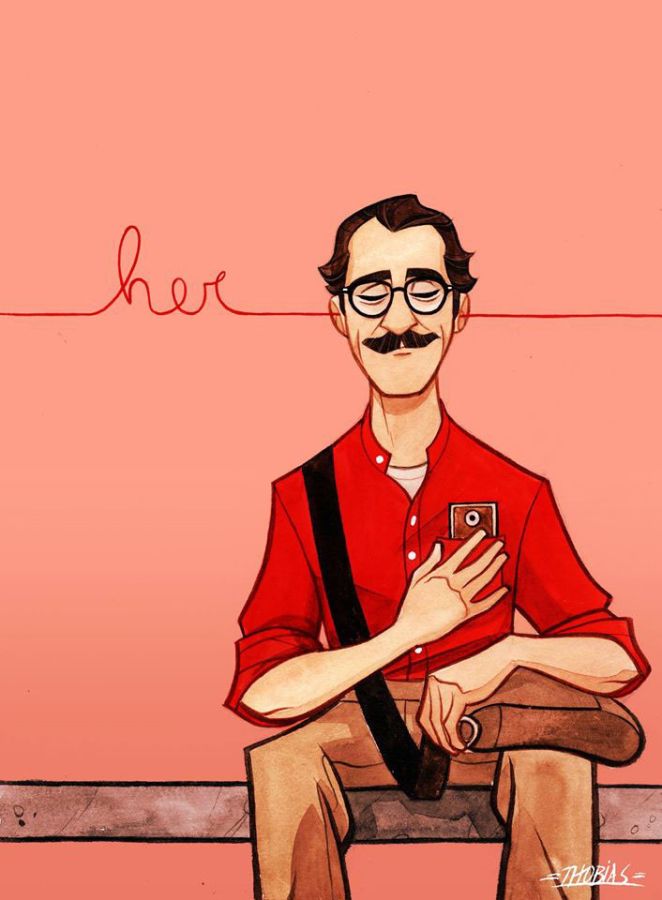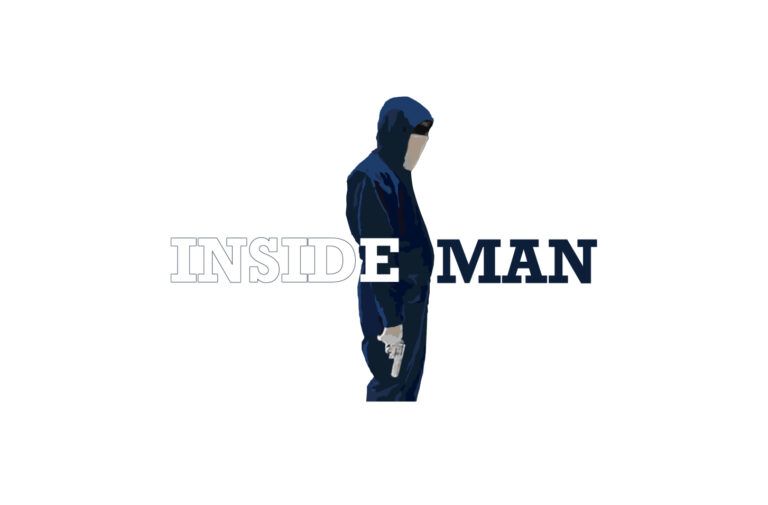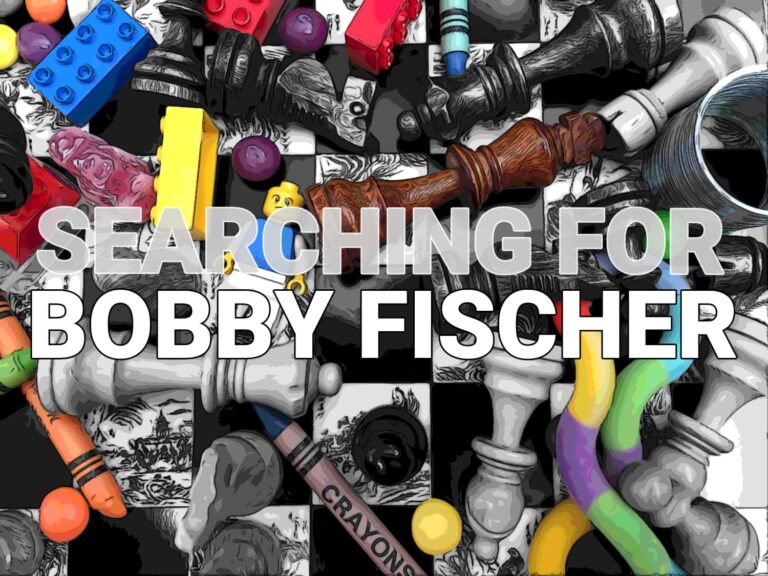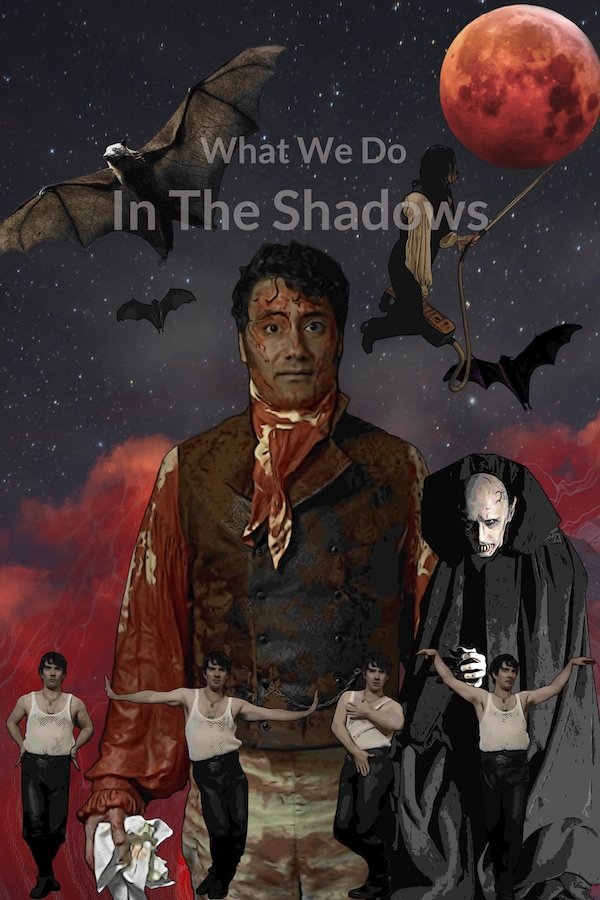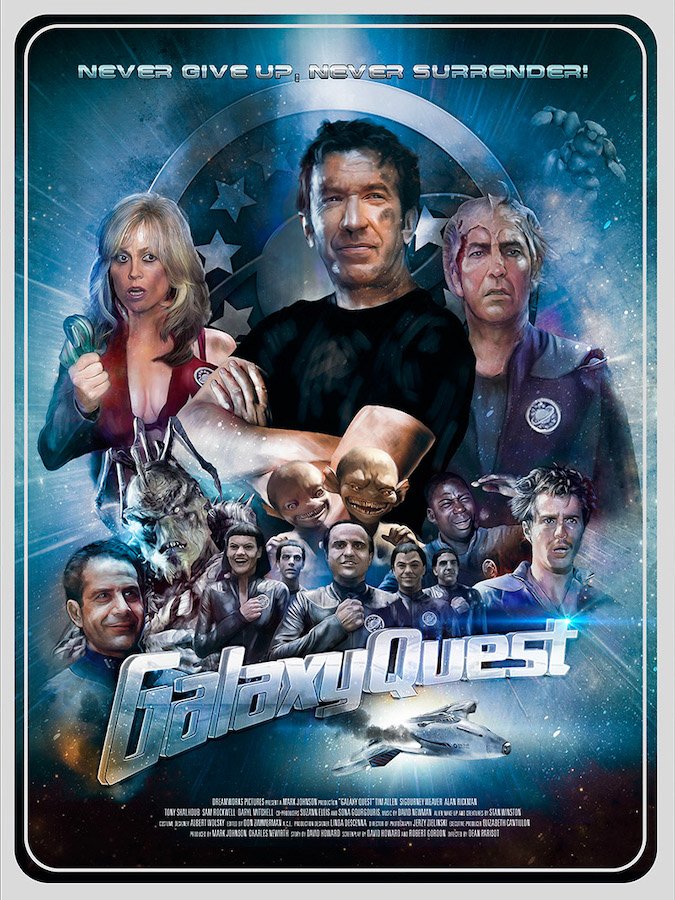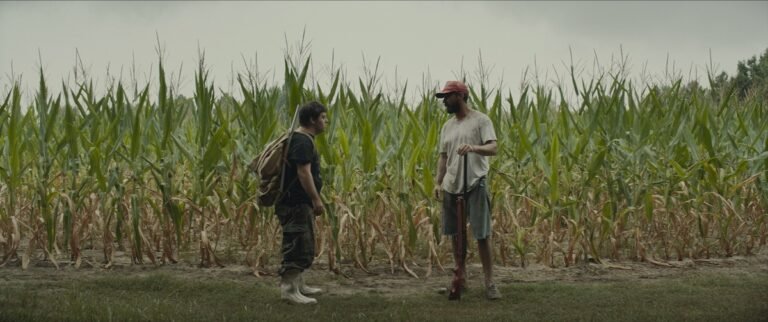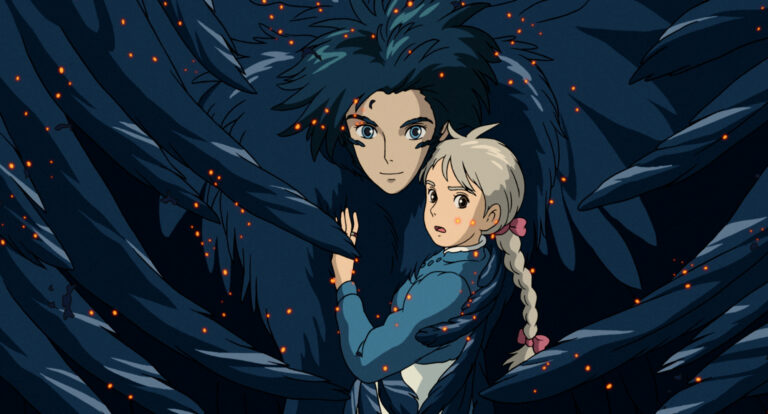When I first read the premise for Her I instantly imagined a story where a lonely guy falls creepily in love with an operating system. But I couldn’t have been more wrong, and gladly so, the storyline beguiling in its narrative, and contemporary in its setting of falling in love.
The film’s tale tells of a writer Theodore (Joaquin Phoenix) who’s lost in a world that’s become increasingly more isolated, and where in total contrast he writes beautiful letters for people on behalf of their loved ones. Revealing to the audience that Theodore is sensitive, able to understand a breadth of emotions, while being more romantic and in touch with his feelings than most. But despite this he appears to hate himself and has become disenchanted with life. Desperate to have some change in his monotonous routine, and from the continual backward glances he makes of his life – his mind retracing a marriage that has clearly failed. Theodore takes a chance to make things better; purchasing the first artificial intelligence – OS1 – and through this he begins to rediscover his voice, passions, and the world.
Through the progression of the film Theodore becomes braver, fuller, and more rounded as an individual, whereas before he shied away from others, mumbled and was hesitant in replying, and it’s not just him, this development can also be seen in the OS1 – Samantha (voiced by Scarlett Johansson), who chooses her name because she likes how it sounds. Over time and through her experiences of the world she grows to become more recognisably real, maybe even more so than her counterpart – her emotions, dreams and wishes not some whim of computer programming, but being by her own design. This cements the relationship, and in its arrangement makes it more genuine and heartfelt than tangible romances, theirs somehow transcending this. Despite being a romance of intelligence and close to what could be described as souls, the relationship of Theodore and Samantha is still affected by the world of today, and mainly because of Theodore’s own entrapment in what constitutes love.
In contrast to Theodore, Samantha is bubbly, intrigued by the world and what can be done both within its physical sensations, and ones far beyond it. She gets Theodore’s humour, smiles at his letters, listens to his worries and tries to solve them all, along with helping to organise his work life. Theodore in return gives her a range of human emotions and experiences, both through the letters he writes and in his own day-to-day life. She definitely got the raw deal here. Over time and through sunrises and sunsets, they have their ups and downs just like any other relationship – and really that’s the thing; it’s not like anything experienced before, but is that bad?
Spike Jonze, director and writer of Her was initially inspired after reading an article about Artificial Intelligence, one that could reply with instant messages – much like a conversation, though in reality it was limited in its response capabilities. However, Jonze saw the possibility of this technology, and shows a future in Her where an AI progresses further in its development the more it interacts with us. The implications of this being investigated as the film progresses, but without the sinister side many AI films tend to lean towards.
Her is a film with deep understandings of relationships, self-judgement, and all the while looking at a future not far from our own – technology having allowed us to distance ourselves. But in this movie Jonze has diverged from the tradition of AI’s being the end of humanity, but instead as a way to possibly bring us closer together.
Director & Writer: Spike Jonze
Other notable works:
- Beastie Boys Story 2020
- Tell Them Anything You Want: A Portrait of Maurice Sendak 2009
- Heavy Metal in Baghdad 2007
- Adaptation 2002
- Being John Malkovich 1999

